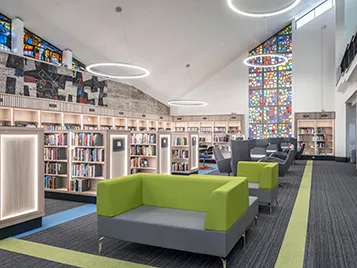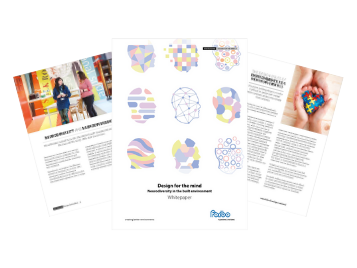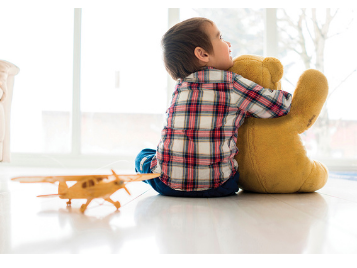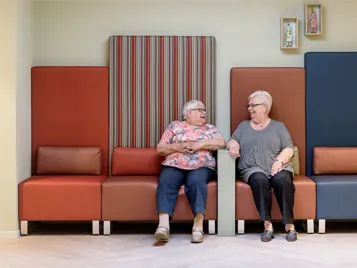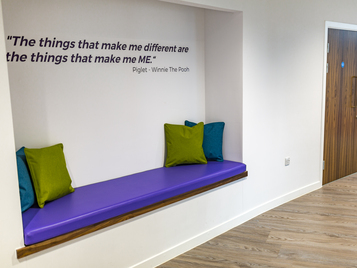NEURODIVERSITY AND THE BUILT ENVIRONMENT
Neurodiversity is the word used to describe the infinite diversity of the human brain and mind. With one in eight people estimated to be neurodivergent (i.e. having a neurology that is not typical) the importance of considering neurodiversity within the built environment is abundantly clear, enabling spaces to be inclusive for all users.
The term 'neurodiversity' refers to people with a wide range of sensory or neurological conditions such as dyslexia, dyspraxia, ADHD and dementia, as well as people on the autism spectrum.
This neurodiversity simply means individuals have a difference in the way their brain operates that means certain environments can present them with challenges. By taking a neurodiverse design approach, it is possible to improve the quality of life for these individuals and create spaces that allow them to flourish.
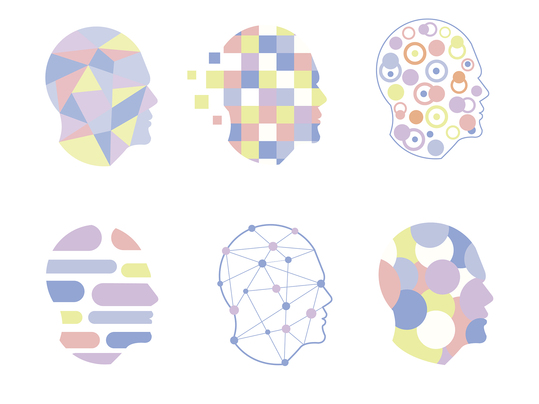
.jpg)
